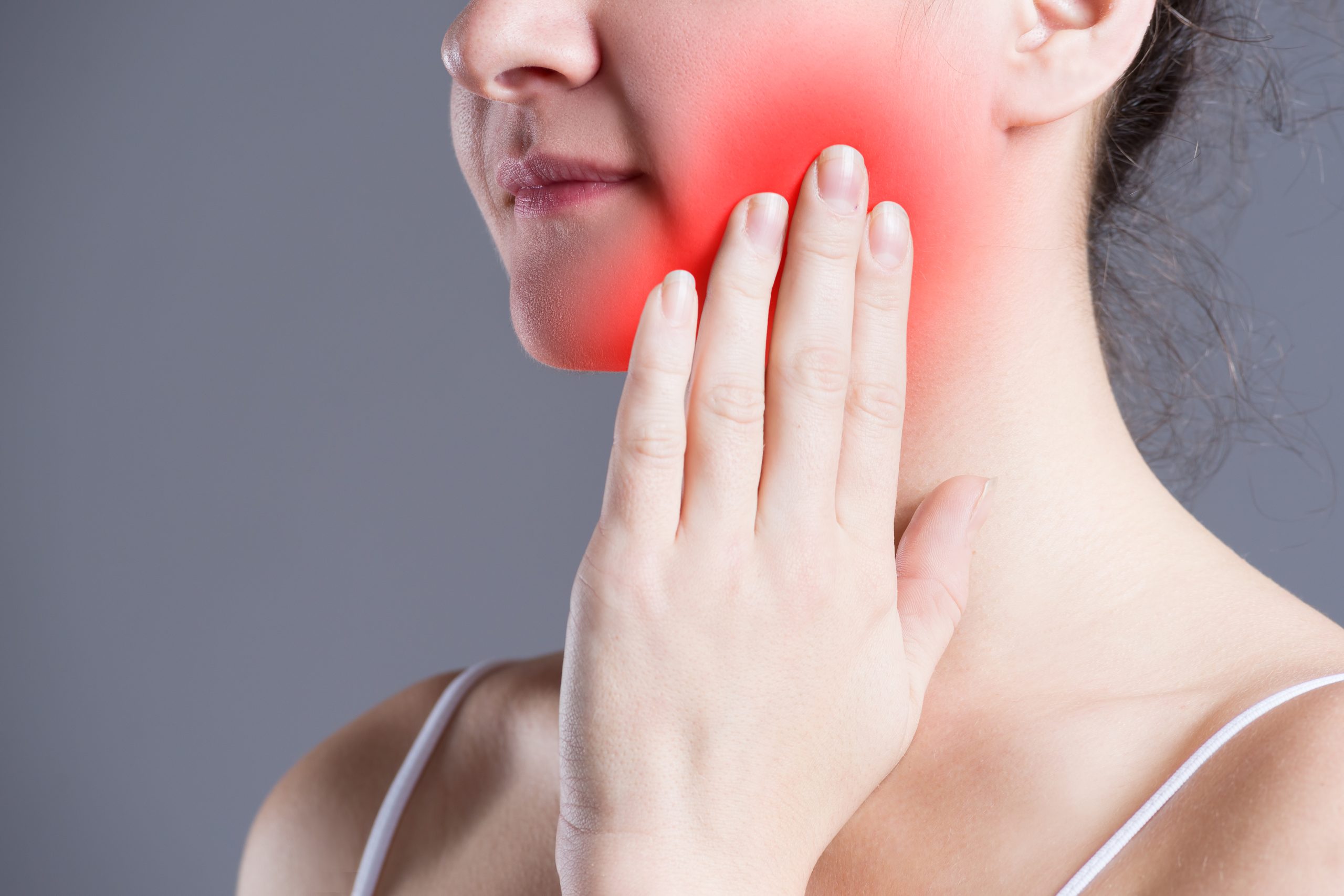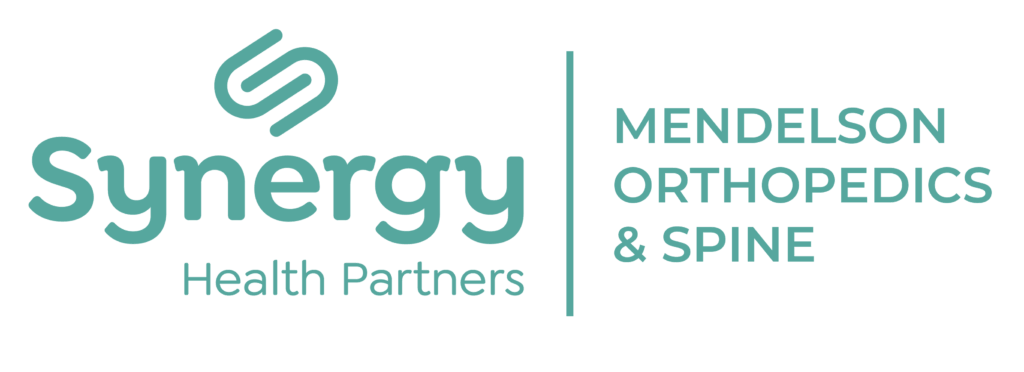Home | Specialties | Physical Therapy | TMJ Pain/Dysfunction
Revive Your Jaw,
Reclaim Your Smile
TMJ (Temporomandibular Joint) pain/dysfunction refers to the discomfort and impairment of the jaw joint and surrounding structures. Physical therapy can play a crucial role in the management and treatment of TMJ pain/dysfunction. Assessing the individual’s symptoms, and conducting a physical examination of the jaw joint and surrounding structures.

What is Temporomandibular Joint (TMJ) Dysfunction?
Temporomandibular joint (TMJ) dysfunction refers to a variety of disorders that affect the temporomandibular joints, which connect the jawbone to the skull, and the muscles, tendons, and ligaments surrounding them. Symptoms arise when the normal function of the TMJ is impaired, often due to injury or stress, leading to pain, limited movement, locking, popping, and clicking of the jaw.
What Causes TMJ Pain?
Causes stem from displacement of the cartilage disc within the joint, dislocation or fracture of the joint bones, arthritis, muscle tension from teeth grinding or jaw clenching, joint inflammation, and hypermobility. The exact origin is sometimes difficult to pinpoint. Compression of surrounding nerves may also contribute to symptoms like headache or neck pain. Symptoms of TMJ dysfunction can range from mild discomfort to severe, debilitating impairment of eating and speaking abilities.
Treatments vary depending on severity but often include pain medication, anti-inflammatory drugs, muscle relaxants, bite splints, physical therapy to improve motion and function, ultrasound, heat/ice therapy, stress reduction, and surgery in more serious cases. If left unaddressed, TMJ dysfunction can be quite disruptive to daily life activities, so proper diagnosis and management are important.
Signs and Symptoms of TMJ Disorders
Some of the most common signs and symptoms of TMJ disorders include:
Pain or Tenderness in the Face, Jaw Joint Area, Neck, and Shoulders
This is often the first noticeable TMJ symptom. Pain may be felt as a dull ache or a sudden sharp pain when chewing, speaking, or opening the mouth wide.
Limited Ability to Open the Mouth
People with TMJ disorders often have difficulty opening their mouth fully. The jaw may feel tight or “stuck.”
Clicking, Popping, or Grating Noises When Opening or Closing the Mouth
These sounds occur if the disc in the TMJ is displaced or the joint is arthritic. They may or may not be painful.
Headache
TMJ disorders can cause pain felt in the temple area, forehead, behind the eyes or migraines due to compression of nerves and tense neck muscles.
Locking of the Jaw
The jaw may lock when opened widely or after prolonged opening, caused by muscle spasms or disc displacement. Locking may require manual manipulation to release.
Teeth Grinding and Clenching
Many people with TMJ dysfunction grind or clench their teeth, especially during sleep, which further aggravates joint and muscle pain.
Earache, Ear Fullness, or Ringing in the Ears
Referred pain from the TMJ may be mistaken for an ear infection. People with TMJ also tend to have an increased risk of tinnitus symptoms.
If persistent jaw symptoms are present, evaluation by a professional who specializes in TMJ disorders is advisable. Proper diagnosis is key to successful treatment.
Different Types of TMJ Treatment Options
to Reduce Discomfort
Evaluation and Assessment
The physical therapist conducts a comprehensive evaluation to assess the individual’s TMJ pain/dysfunction. This may involve examining the jaw joint, assessing range of motion, muscle strength, and posture, and identifying contributing factors such as teeth grinding or poor jaw mechanics.
Pain Management
The OT utilizes various therapy modalities and techniques to alleviate pain and reduce muscle tension. This may include heat or cold therapy, electrical stimulation, ultrasound, or manual therapy techniques to promote relaxation and relieve discomfort.
Manual Therapy
Hands-on techniques are employed to address TMJ pain and dysfunction. The therapist may use gentle mobilizations, soft tissue mobilization, myofascial release, or trigger point therapy to release tension in the muscles and restore normal joint mechanics.
Jaw Exercises and Stretches
Specific exercises and stretches are prescribed to improve jaw mobility, strengthen muscles, and promote proper alignment of the jaw joint. These exercises may include tongue exercises, jaw opening and closing exercises, and resistance training.
Postural Education
The therapist provides education on maintaining proper posture and alignment of the head, neck, and jaw. Correcting postural imbalances can help alleviate strain on the TMJ and reduce pain and dysfunction.
Bite Splint or Orthotic Management
In some cases, our therapists may work in collaboration with a dentist to provide a custom-made bite splint or orthotic. These devices help stabilize the jaw joint, relieve pressure, and improve the alignment of the jaw.
Relaxation Techniques
The therapist teaches relaxation techniques such as deep breathing, meditation, and stress management to help reduce muscle tension and promote relaxation in the jaw and surrounding muscles.
Patient Education
The therapist provides information about the condition, triggers to avoid, proper jaw mechanics, and strategies for pain management. They also provide guidance on dietary modifications, oral hygiene practices, and lifestyle modifications to support TMJ health.
Functional Training
The therapist teaches relaxation techniques such as deep breathing, meditation, and stress management to help reduce muscle tension and promote relaxation in the jaw and surrounding muscles.
Ongoing Monitoring and Support
The therapist closely monitors the individual’s progress, provides feedback, and makes necessary adjustments to the treatment plan as needed. They offer ongoing support and guidance to ensure long-term management and prevention of TMJ pain/dysfunction.
Unlock Relief Today with
Comprehensive TMJ Pain Therapy in Michigan
If you’ve been experiencing ongoing jaw pain that’s interfering with your quality of life, it may be time to seek help for your TMJ dysfunction. Our physical therapy clinic in Michigan, our skilled team, specializes in comprehensively diagnosing and treating temporomandibular joint disorders. We are now treating in 3 convenient locations in Livonia, Sterling Heights, Shelby Township.
